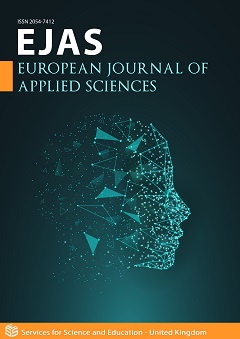Quantum Theory and Idealism
DOI:
https://doi.org/10.14738/aivp.113.14724Keywords:
quantum theory, idealism, hard problem of consciousness, Bell inequality, Bertlmann's socks, EPR paradoxAbstract
We find that the Wigner Probability Distribution has a fully classical interpretation, and that the microscopic world is not a "black box" (per the Copenhagen Interpretation). Probability represents our state of knowledge of a system. However, in quantum theory, as opposed to classical theory, cause and effect is at the level of our state of knowledge, , not the state of the world, . Quantum theory is idealistic in the sense of Berkeley: the world is a conscious, shared hallucination.
Downloads
Published
2023-06-03
How to Cite
Boehmer, S. (2023). Quantum Theory and Idealism. European Journal of Applied Sciences, 11(3), 203–213. https://doi.org/10.14738/aivp.113.14724
Issue
Section
Articles
License
Copyright (c) 2023 Stuart Boehmer

This work is licensed under a Creative Commons Attribution 4.0 International License.






